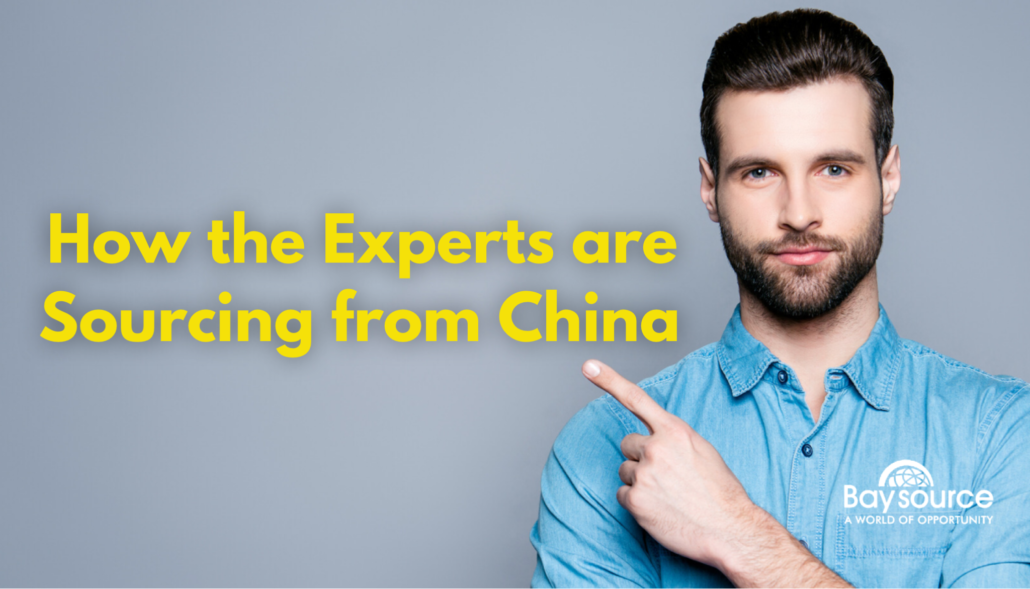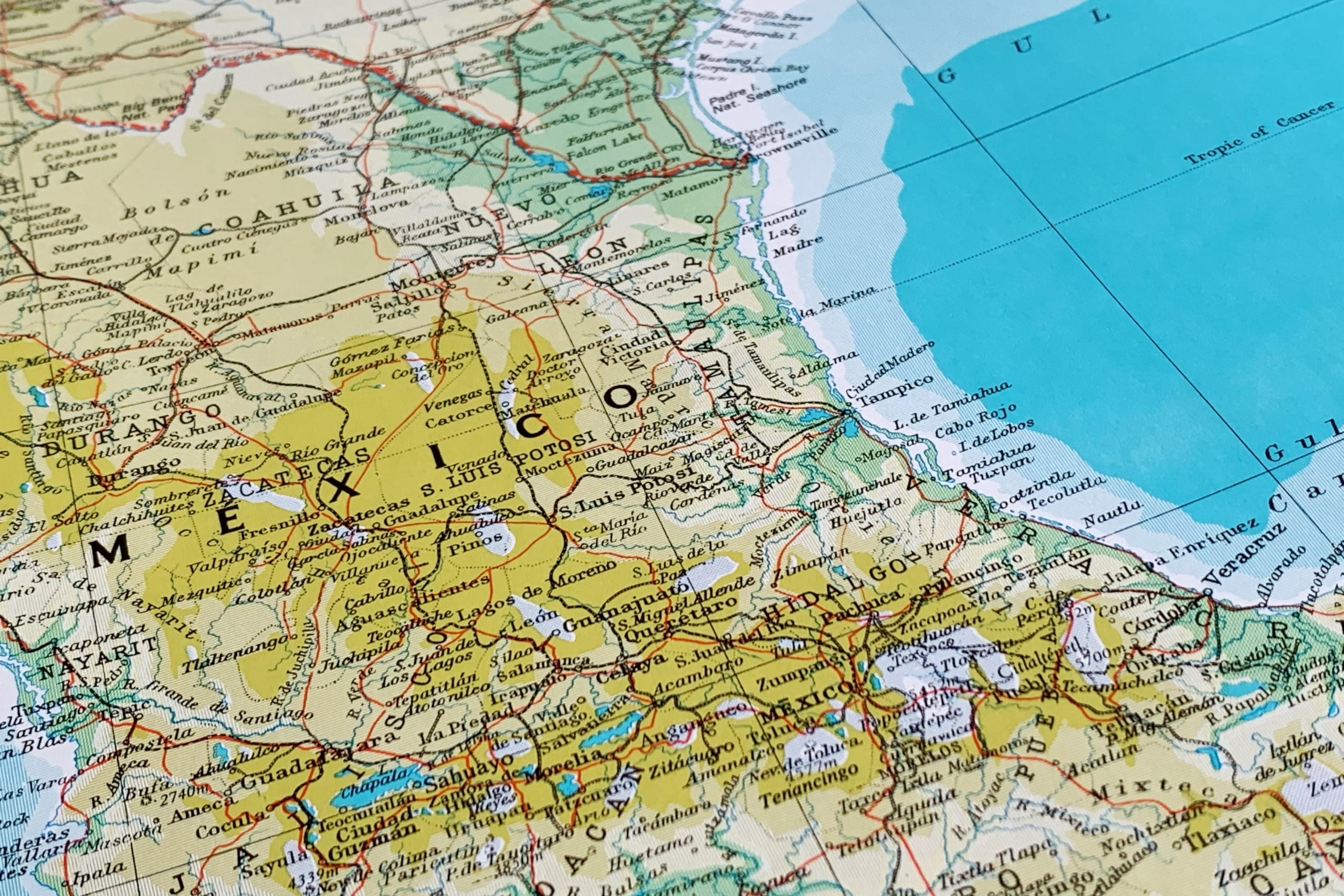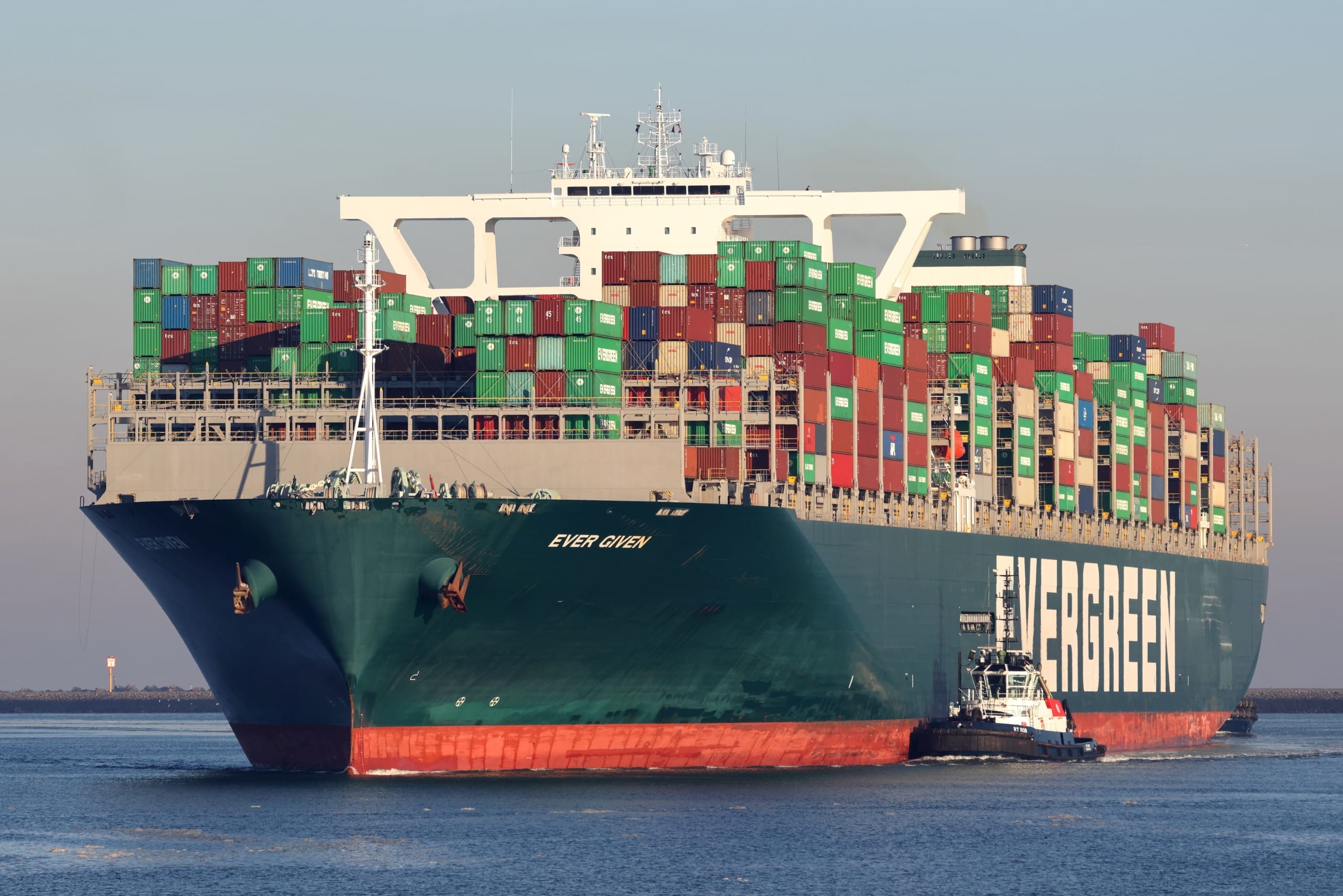If you have a business with a great product, finding a supplier in China to manufacture it may seem daunting. What resources should you use to source products from China? How do you find a reliable supplier? Should you engage a sourcing agent or sourcing company? And how do you protect yourself from scams?
Sourcing experts recommend using specific strategies to find a China manufacturer that align with your business needs.
How to Find a Supplier in China
To find a good supplier in China, you can conduct independent research, use a sourcing agent, or partner with a sourcing company.
Research China Suppliers Yourself
Independent marketing research on China manufacturers is the first step.
Online B2B marketplaces, such as Global Sources, allow you to filter your product search by verified business types, verified product certificates, and verified company certificates. And although Alibaba does not prequalify its suppliers, the sheer quantity of suppliers is the main advantage of using the largest online marketplace in China.
As sourcing expert John Niggl, Marketing & Communications Manager at InTouch Services Ltd., says, “It’s one thing to browse a supplier’s product listing page and view specifications and photos online. It’s another thing altogether to hold a physical product sample in your hands.”
If you’re not designing or developing a new product, Niggl recommends purchasing product samples to conduct a visual inspection of product quality and consistency.
Attending a trade show such as the Canton Fair (China Import and Export Fair) allows you to assess China suppliers and the quality of their products in person. An industry trade show is also an excellent place to find a U.S.-based or China sourcing agent.
Find a Sourcing Agent
Conducting your own marketing research and performing due diligence on China suppliers can be extremely time- and labor-intensive. A good sourcing agent can:
- find suppliers that align with your business philosophy and product specifications,
- communicate and negotiate with suppliers who may not speak English fluently,
- visit the factory and provide quality inspections, and
- maintain your supply chain.
Commission for a sourcing agent is typically between 3% to 10% of the product purchase price. Additionally, it’s difficult to know whether your prospective sourcing agent is also receiving hidden commissions from specific manufacturers or factories in China—a conflict of interest which could end badly if disputes arise between your company and your China supplier.
Partner With a Sourcing Company
Hiring a sourcing company is an effective strategy to leverage existing relationships with suppliers and leave the project management to experts in China market strategy and law. These comprehensive services will be an additional investment for your company, but may also save you precious time and resources by helping you submit an RFP, providing on-site quality assurance throughout the product cycle, and allowing you to redirect your energy to marketing your new product.
Protect Your Business and Your Brand
China’s economic slowdown, which has lately been exacerbated by the trade war, is affecting international trade and manufacturing. Sourcing experts recommend several preventative strategies to reduce the level of risk to you and your company.
One simple but effective method to verify that a China business actually exists is to request China supplier documents. China Checkup recommends requesting, and verifying the authenticity of, several key registration documents and certifications, including:
- a business license,
- a licensed bank account certificate,
- an ISO 9001 certificate,
- a customs registration certificate,
- product test reports and compliance certificates, and
- a proforma invoice.
Authentic suppliers will gladly supply these China supplier documents; if a business is hesitant or unwilling to provide these basic documents, then protect your company by evaluating other suppliers.
After finding the right supplier, detailed manufacturing contracts are strongly recommended to prevent intellectual property (IP) infringement or “bricks for products.” According to the China Law Blog, manufacturing contracts should be “written in Chinese, governed by Chinese law, and enforceable by a Chinese court.”
Additional Resources for Sourcing Products From China
As you continue your marketing research on sourcing products from China, use these resources from sourcing experts:
LinkedIn Groups such as the China Sourcing and China Manufacturing Group provide a collaborative venue to ask questions, make connections, and learn from others.
If you want to read in-depth case stories and legal news related to China business law and manufacturing, bookmark the China Law Blog.
If your company is searching for a supplier in China, using strategies recommended by sourcing experts can help your business find a reliable supplier, and start you on a pathway to a lasting business relationship, or ‘guanxi.’






Follow Us